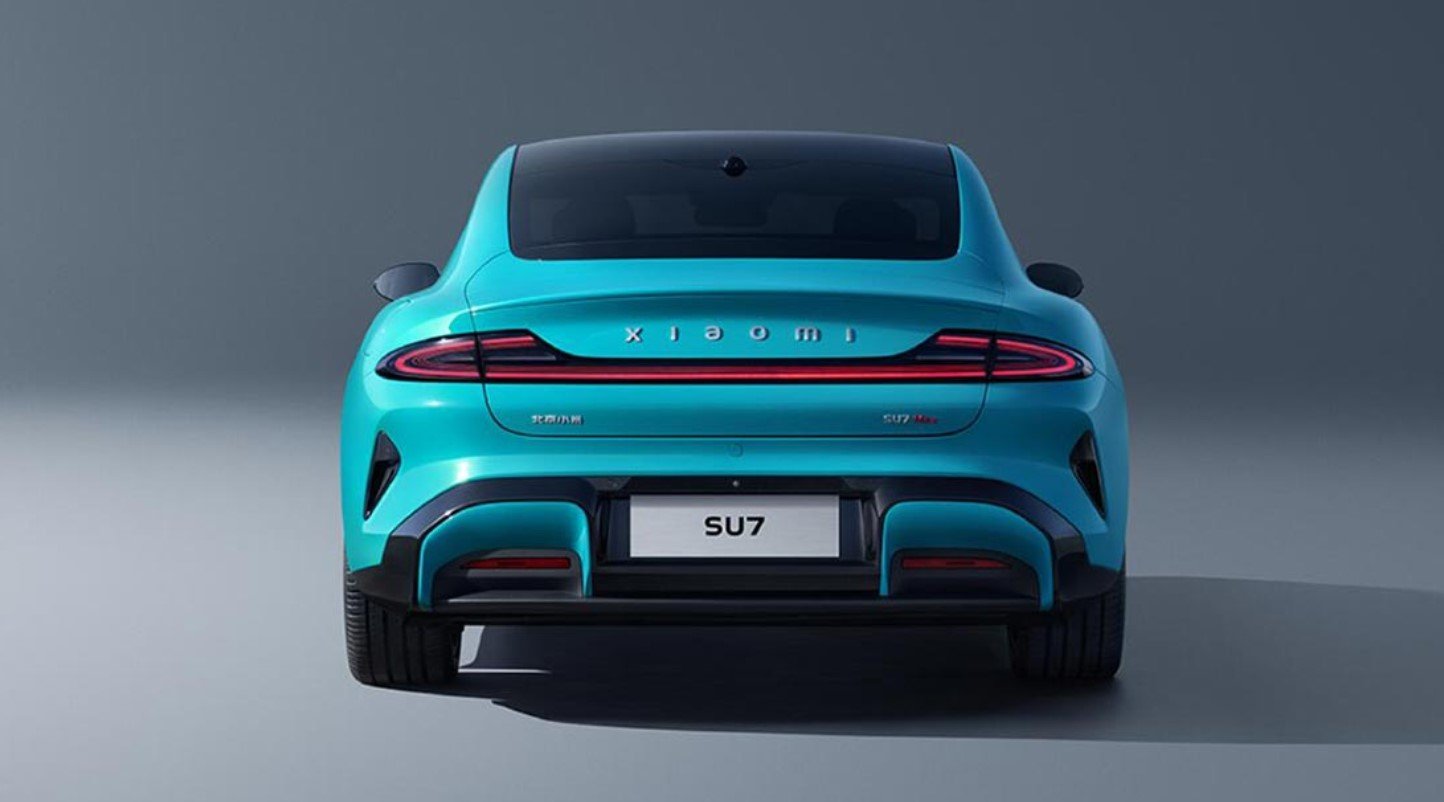Xiaomi, known for its dominance in the smartphone market, has now ventured into the electric vehicle (EV) sector with the showcase of its SU7 electric sedan in India. The event, held on July 9, 2024, in Bengaluru, marked a significant milestone for the company as it aims to expand its footprint in the automotive industry. The SU7, already launched in China, boasts impressive specifications and a sleek design, making it a strong contender in the growing Indian EV market.
A Glimpse into the SU7’s Design and Features
The Xiaomi SU7 electric sedan is a testament to the company’s commitment to innovation and design excellence. The car features a low-slung, aerodynamic design reminiscent of high-end sports cars. Its teardrop-shaped LED headlights and connected LED tail lights add to its futuristic appeal. The SU7’s interior is equally impressive, with a minimalistic design that includes a 16.1-inch touchscreen infotainment system and a 56-inch heads-up display. The car also boasts advanced driver assistance systems (ADAS) and a range of safety features, including seven airbags and electronic stability control.

The SU7 is available in multiple variants, each offering different battery capacities and driving ranges. The entry-level model comes with a 73.6 kWh battery pack, while the top-end variant features a 101 kWh battery pack, providing a range of up to 810 km on a single charge. The car’s performance is equally noteworthy, with the top variant capable of accelerating from 0 to 100 km/h in just 2.78 seconds. This combination of design, features, and performance positions the SU7 as a formidable player in the EV market.
Challenges and Opportunities in the Indian Market
Entering the Indian EV market presents both challenges and opportunities for Xiaomi. The Indian market is highly competitive, with established players like Tata Motors and Mahindra already making significant strides in the EV sector. Additionally, geopolitical tensions between India and China could pose hurdles for Xiaomi’s expansion plans. However, the growing demand for electric vehicles, driven by rising fuel prices and environmental concerns, offers a promising opportunity for Xiaomi to establish itself in this market.
To succeed, Xiaomi will need to focus on localization and cost reduction. By manufacturing components locally and leveraging government incentives, the company can make the SU7 more affordable for Indian consumers. Furthermore, building a robust charging infrastructure will be crucial to support the widespread adoption of electric vehicles. Xiaomi’s experience in the consumer electronics market could provide valuable insights and strategies to navigate these challenges and capitalize on the opportunities.
The Road Ahead for Xiaomi’s Electric Vehicles
The showcase of the SU7 electric sedan in India is just the beginning of Xiaomi’s journey in the automotive industry. The company has ambitious plans to expand its EV portfolio and introduce more models in the coming years. By leveraging its technological expertise and innovative approach, Xiaomi aims to revolutionize the EV market and offer consumers a compelling alternative to traditional gasoline-powered vehicles.
In addition to the SU7, Xiaomi is also exploring partnerships with other companies to enhance its EV offerings. Collaborations with local manufacturers and technology providers could help Xiaomi accelerate its growth and establish a strong presence in the Indian market. As the company continues to innovate and expand its product lineup, it will be interesting to see how Xiaomi’s entry into the EV sector impacts the broader automotive industry.









